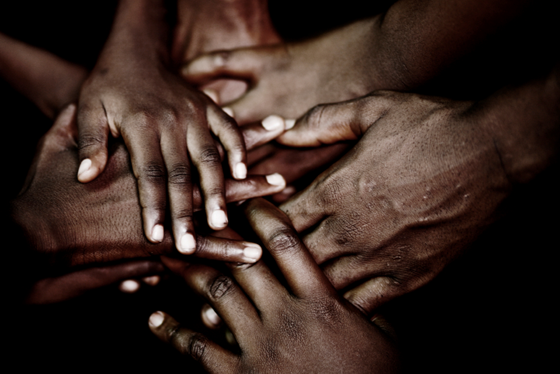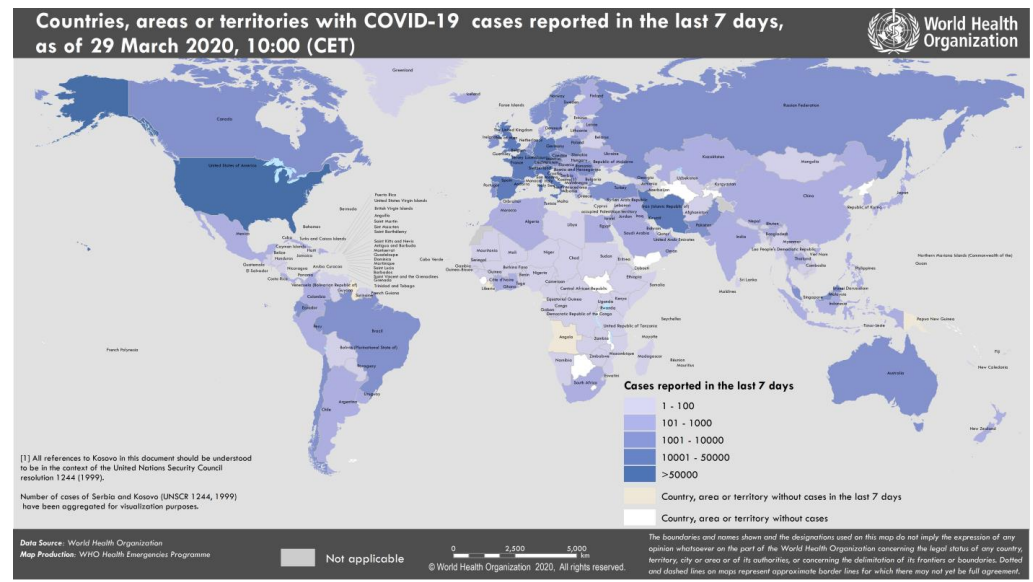
Jean Wameyo writes on Social distance during Covid-19 pandemic in Kenya

Following the 11 March 2020 WHO declaration of 2019-nCoV as a pandemic, Kenya’s Cabinet Secretary for Health (Health CS) declared COVID-19 a notifiable disease vide Gazette Notice No. 2787 of 2020 and subsequently, declared it a formidable epidemic vide Legal Notice No. 37 of 2020 in exercise of powers conferred under the Public Health Act. Without vaccines or medicines available, most of the solutions at the disposal of the Health CS were neither clinical nor pharmaceutical.
One such solution is “Social Distancing” which, for many Kenyans was dead on arrival as it is premised on a social construct that is alien to the average Kenyan.
When “Social Distancing” was first touted as the panacea for COVID-19, the question Kenyans raised was how people who lived in “Pipeline” were expected to “social distance”. The middle & upper class furloughed their maids and markets were closed as news of a pandemic struck fear into people’s hearts. The poor complained that they, who only “saw airplanes on Viusasa”, bore the brunt of a disease imported via Kenya’s national airport from abroad. It is the poor working class who faced the wrath of the police as they enforced curfew restrictions and asked why they wore no masks.
It is they – without safety nets or medical insurance – who could not sell their wares at they had always done. Faced with bigger challenges like where their next meal would come from, families in crowded settlements considered, “Social Distancing” an alien & elitist concept.
How does one “social distance” in the myriad of informal or densely populated settlements that are an integral part of Kenya’s skylines? It is therefore unsurprising that on any given day “jobless corner”, in Nairobi’s CBD near the iconic Hilton Hotel, was said to be as full as usual and where “Social Distancing” was not observed in any way, manner or form.
To add insult to injury and pointing to a disjointed strategy, the early morning surprise eviction – in the midst of a lockdown – of over 5,000 families in one of the settlements in Nairobi, despite a court order, led residents to question how a government would have proceeded with an eviction, had it been serious about containing the pandemic. The national opprobrium was based on the fact that it would be quasi impossible for those rendered homeless to seek alternative shelter due to curfew hours, lockdown between geographical boundaries and lack of affordable housing stock.
The issues in the Brazilian Favelas, the Kenyan Slums, the Egyptian City of the Dead and South African Black Townships are similar. Most of the people who stand, squat, sleep or hang around these areas pay rent to slumlords and try their best to eke a living despite the extremely unfair situation that they find themselves in. Perhaps what is an unfortunate situation is also their biggest advantage, that their bodies appear to be able to fight this otherwise ravaging disease.
The human being is resilient and those who are forced to live in these settlements make the best of their situation. A few even thrive but this does not reduce the tragedy of that existence. That one is forced to raise their children in such deplorable conditions – is a mockery of the vote that they carry in a democratic society and a waste of the tax they pay either directly or indirectly. These challenges are best explained by the summary in “A House for Mr Biswas” by VS Naipaul which ponders about the dishonor of one having to live and die as one had been born, unnecessary and unaccommodated. The question the Health CS has not answered is how one “Social Distances” when there is no space.
Ms Jean Wameyo, is a Public Financial Management expert working in the Health Sector.
Comments
-
-
Jean
Social Distancing needed to be adapted to our context. The word was coined without regard to the real word.
-
-
Mella Musimbi
Very well-articulated. It is not possible to keep a distance where there is none! On Covid-19, Africa can count on little else than luck, unfortunately.
Comments are closed.





Ocharo
Social distance in urban areas is a myth